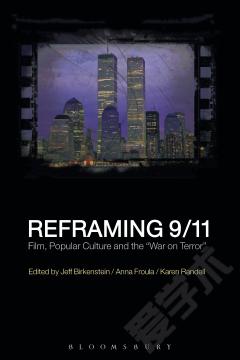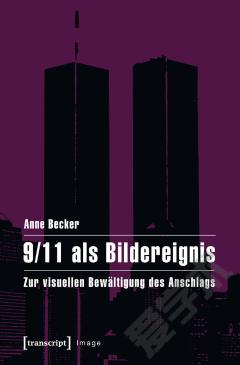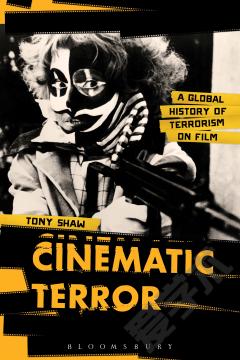The Ruins Of Kabul: Global Fiction And Film Of The 9/11 Wars
The ruins of kabul examines how afghanistan has been imagined in literary and visual texts that were published after the 9/11 attacks and the subsequent u.S.-led invasion–the era that propelled afghanistan into the center of global media visibility. Through an analysis of fiction, graphic novels, memoirs, drama, and film, the book demonstrates that writing and screening "afghanistan" has become a conduit for understanding our shared post-9/11 condition. "afghanistan" serves as a lens through whichcontemporary cultural producers contend with the moral ambiguities of twenty-first-century humanitarianism, interpret the legacy of the cold war, debate the role of the u.S. In the rise of transnational terror, and grapple with the long-term impact of war on both human and non human ecologies.Post-9/11 global afghanistan literary production remains largely nato-centric in so far as it is marked by an uncritical investment in humanitarianism as an approach to third world suffering and inanti-communism as an unquestioned premise.
{{comment.content}}








 京公网安备 11010802027623号
京公网安备 11010802027623号